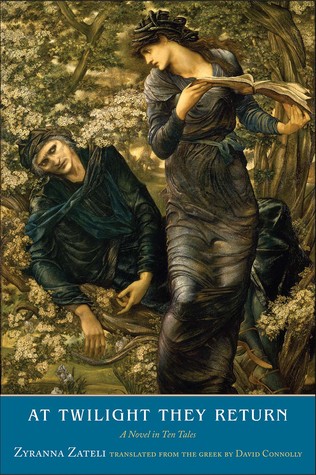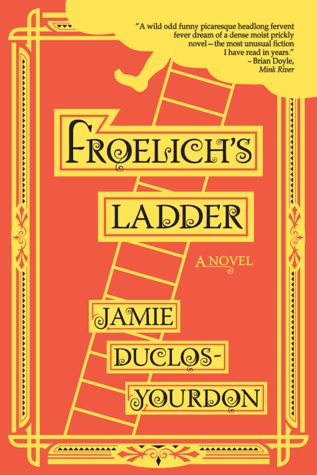Zyranna Zateli’s ambitious, multigenerational saga is the story of Christoforos, who first weds Petroula, and then Evtha, followed, after her death, by Persa; of his sexually promiscuous son Hesychios and the many bastard children left on the doorstep following the untimely demise of so many would-be daughters-in-law; and of the sisters, brothers, children, and grandchildren who inhabit a household and a history expanding to near-bursting.
Goodreads description
This is a complex family story in which personal tales are imbued with magic, classical legend, Greek folklore and wider history. The comparison with One Hundred Years of Solitude is obvious and deserved.
Narratively it is more demanding than Marquez's masterpiece, being told through ten tales, which move backwards and forwards chronologically and which focus on different characters in the story. The tales are interrelated, although it is not always clear how at first. Moreover, like One Hundred Years of Solitude, this is a long book - it took me two weeks to read.
The style is fascinating. The narrator's voice is sometimes brought to the fore, addressing us, the readers, directly and with familiarity. It is as if these tales are being told by elderly family members years after the event to Christoforos' descendents, which would justify how the non-sequitur nature of the ten tales. Sometimes I was reminded of the function of the classical Greek chorus, commenting on the central characters' actions directly to the audience.
This novel is set at an interesting time in the history of Greece, when the centuries-old culture is beginning to be overtaken by a more modern world. That old culture was supported by an oral tradition, which in turn is reflected by the book's narration.
I was often reminded of vernacular folktales with their roots in classical Greek legends. For example: there is the story of Hesychios, a man so handsome that young women are bewitched by him and, having conceived his child, all die in childbirth. And yet his and the other tales are very much based in reality. Indeed the magic is barely visible. It is less overt that Marquez's. It is as if it is somewhere off to the side of your vision and when you try to look for it, you are not sure it was ever there. There is a psychological robustness about the actions and thoughts of the characters that is very modern.
As you may have gathered, I really enjoyed this book and found it a fascinating read. Just as not of all of you are enamoured with Marquez's seminal work, not of all of you will like this book. But there will be many that do.
I received this novel free from the publisher in return for a fair review.


